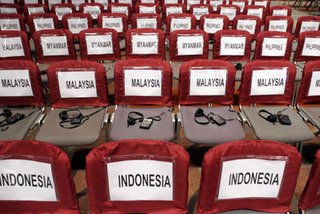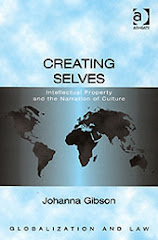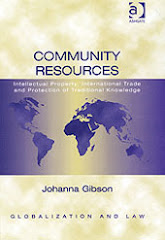
At the World Trade Organization (WTO) Ministerial Conference in Hong Kong, HE Mr Kamal Nath, Indian Minister of Commerce and Industry, delivered a significant Statement from India, emphasising the centrality of development to the Sixth Session.
The concern raised by some members and NGOs in various international arenas is that development has been rendered a marginal issue in many circumstances, rather than understood as integral to the international trading environment. For instance, many expressed disappointment at the dismantling of the Permanent Committee on Cooperation on Development relating to Intellectual Property (PCIPD) within WIPO, with discussions on development to occur through a provisional committee instead. This was interpreted as a lost opportunity to recognise and articulate the relationship between these questions and "core" developments.
India, in the Statement to the Ministerial Conference, critically set out development as inextricable from the global trading system itself. Furthermore, the Statement identified the asymmetry between the TRIPS perspective on intellectual activities (as articulated through private IPRs) and the intellectual heritage and traditional knowledge (TK) of communities, and the ongoing prlblems with biopiracy and the misappropriation of TK. Specifically, and in a very important and significant way, the Statement calls for the Hong Kong Ministerial to facilitate ongoing considerations of the relationship between intellectual property rights and biodiversity (through the relationship between TRIPS and the Convention on Biological Diversity, CBD). As India states, "A Development Round has no credibility in the absence of substantial benefits for the weakest members of the WTO ... if the content of this Round only perpetuates the inequities of global trade, then it will be no Round."



3 comments:
It is true that India and some other developing nations are trying their best to focus attention on biopiracy and traditional knowledge. As of now
they have not been able to push it
beyond a level. After the deal on
public health and TRIPS i see little hope for their success in
WTO.
It is true that India and some other developing nations are trying their best to focus attention on biopiracy and traditional knowledge. As of now
they have not been able to push it
beyond a level. After the deal on
public health and TRIPS i see little hope for their success in
WTO.
Indeed, although there was some movement on intellectual property issues in the negotiations towards revision of the draft ministerial text, the second revised draft (18 December) ultimately made no substantive advances on TK and biopiracy.
Post a Comment